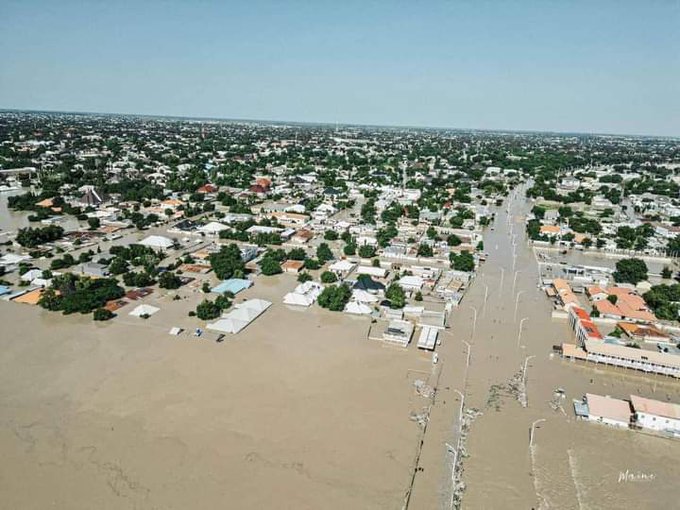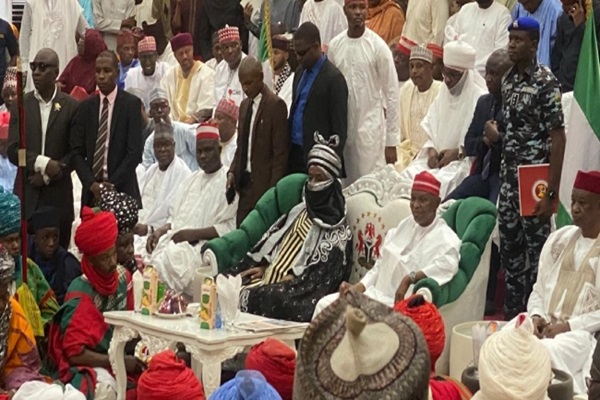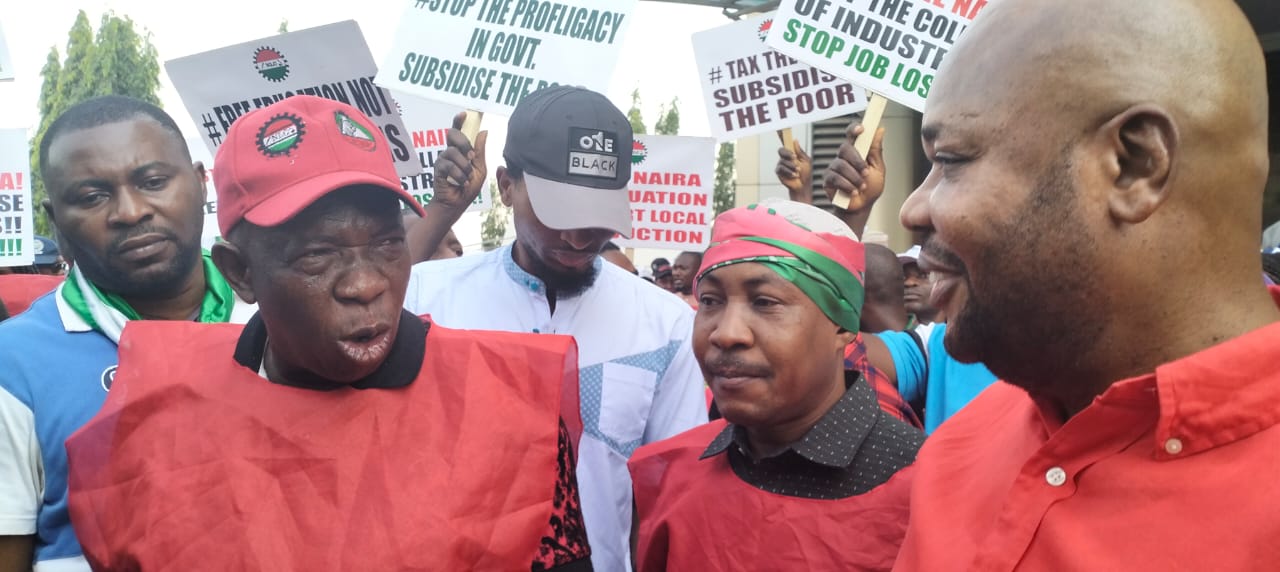The Federal Government is seeking a $500 million loan from the World Bank to improve rural road infrastructure and agricultural marketing across Nigeria. This initiative aims to address the urgent need for better connectivity in rural areas, where 92 million people currently lack access to quality roads. The proposal is part of the Resettlement Policy Framework for the Nigeria Rural Access and Agricultural Marketing Project Scale-UP (RAAMP-SU), spearheaded by the Federal Ministry of Agriculture and Rural Development.
RAAMP-SU aims to enhance rural access and climate resilience, thereby boosting agricultural potential and marketing opportunities for rural communities. The project's goals include strengthening institutional capacity for rural road management and establishing sustainable financial foundations for both rural and state road networks. By improving infrastructure, the project seeks to elevate the livelihoods of the rural population significantly.
READ ALSO
World Bank to Consider $2.25 Billion Loan for Nigeria in Two Weeks
Senate Panel Probing N30tn Ways and Means Loans Seeks Extension of Probe Deadline
The initiative is an extension of the previous Rural Access and Agricultural Marketing Project, supported by the World Bank and the French Development Agency. The Federal Department of Rural Development within the Federal Ministry of Agriculture and Rural Development leads the project, with oversight by the Federal Project Management Unit. The total project cost is estimated at $600 million, with the World Bank expected to provide 83.33% of the funding, significantly higher than the initial commitment of $280 million for the parent project.
States participating in RAAMP-SU must have a fully functional Roads Fund and Roads Agency, with boards and staff appointed and administrative costs covered in the state budget. The project funds will be allocated competitively, based on a socioeconomic selection matrix that promotes rural access to basic services and food security. Additionally, the project emphasizes the importance of resettlement and compensation plans before any land acquisition or restriction of access, ensuring necessary measures are in place for affected communities.




